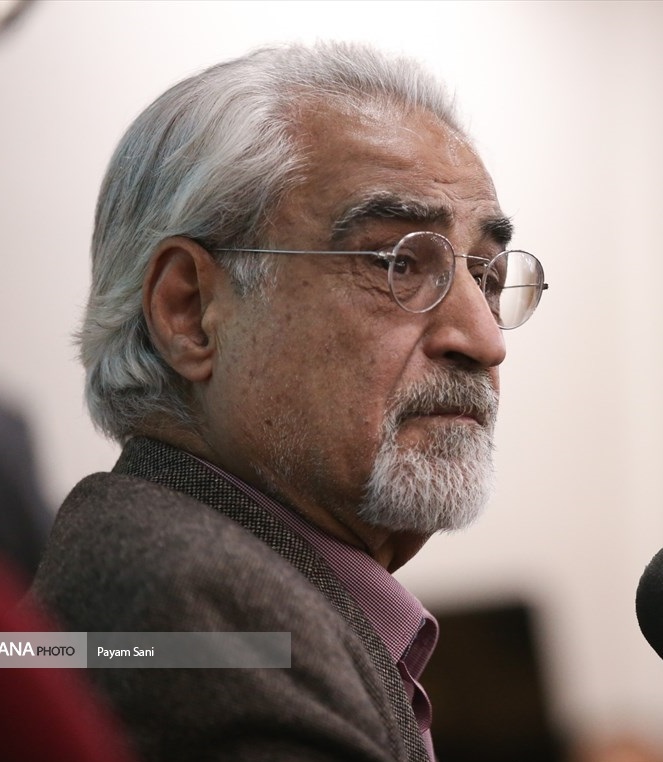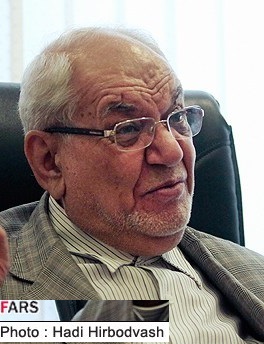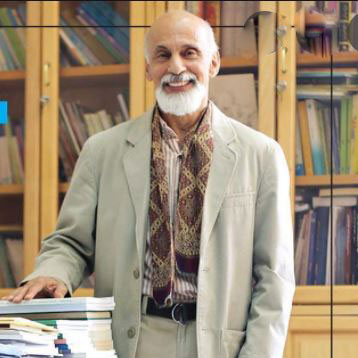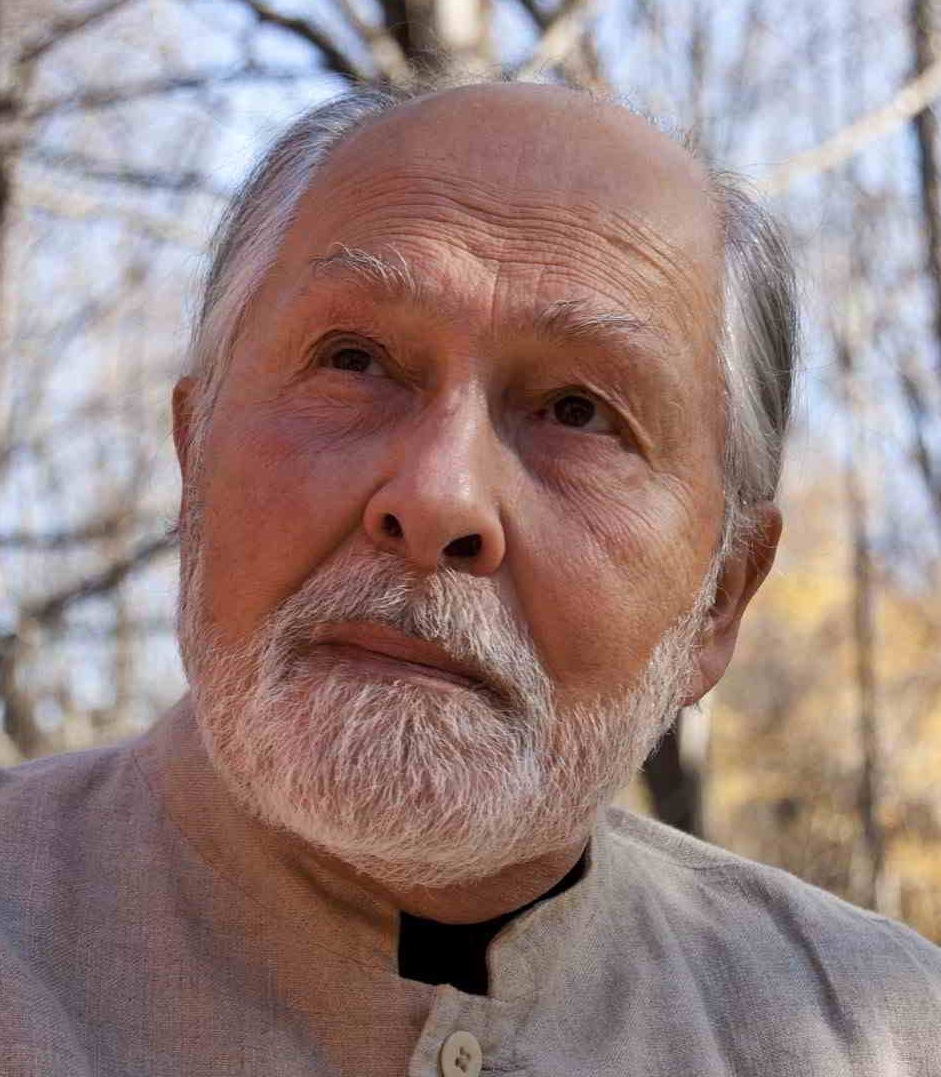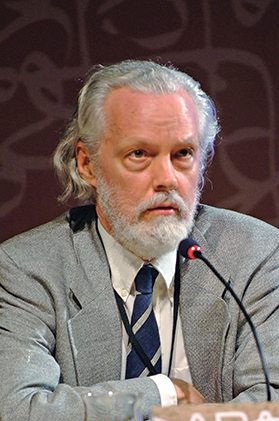The Examination and Analysis of Mentalism in the Epistemology of Thomas Aquinas
Keywords:
Aquinas, Humanism, Mentalism, cogito, active intellect, Passive intellectAbstract
Although mentalism as well as humanism can be the features of Renaissance, this approach can be found in the thought of those who were before Rene Descartes and Bruno such as Thomas Aquinas. He is the follower of Aristotle in the theory of abstraction in the process of attaining knowledge. Hence he maintains that active and passive intellect are inside the human soul and they incarnate in it. He doesn’t embrace the illuminative theory of knowledge and deems knowledge as a human matter. Mentalism which emphasizes the role of perceiver in attaining knowledge can be seen in the thoughts of this 13th century Christian theologian and philosopher who was the pioneer of rationalism in the Middle Ages. Therefore, it is hardly surprising to claim that Descartesʼ cogito and the transcendent idealism of Kant owe Aquinas in this respect.




